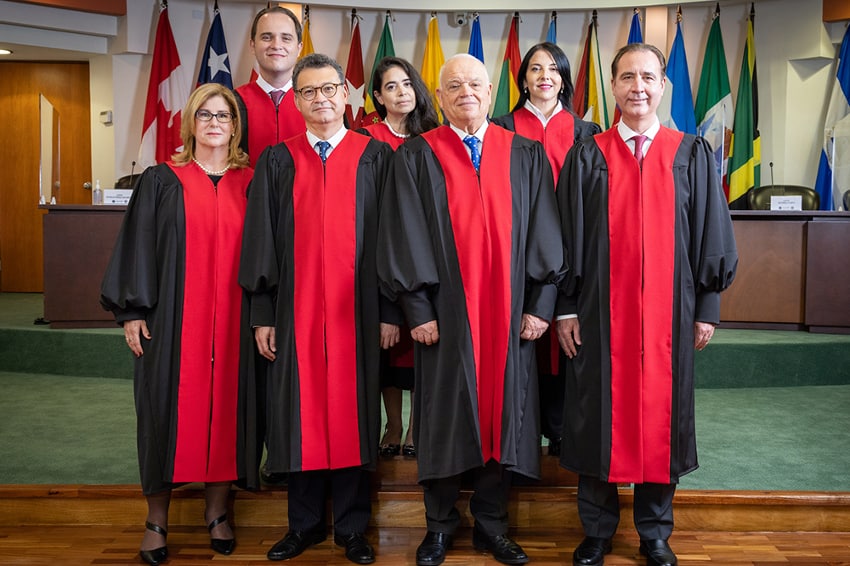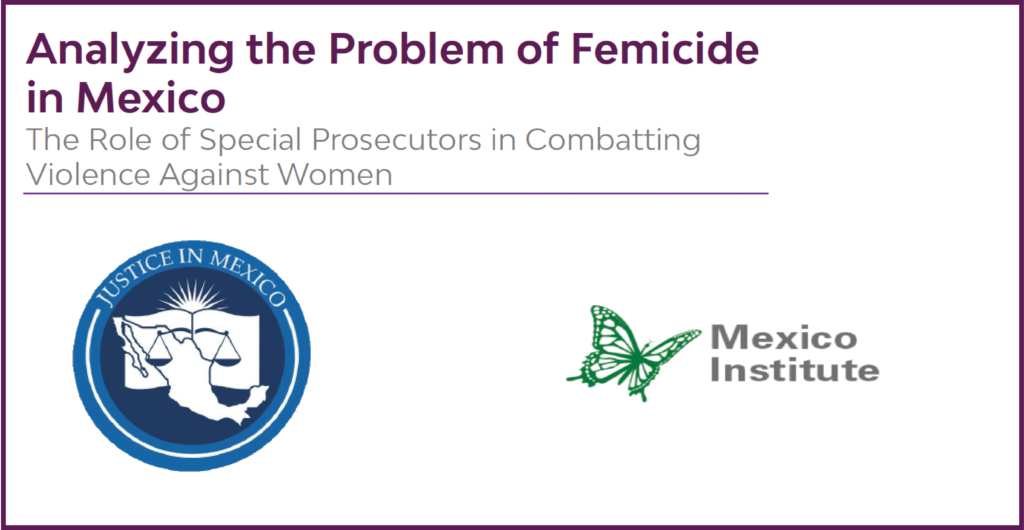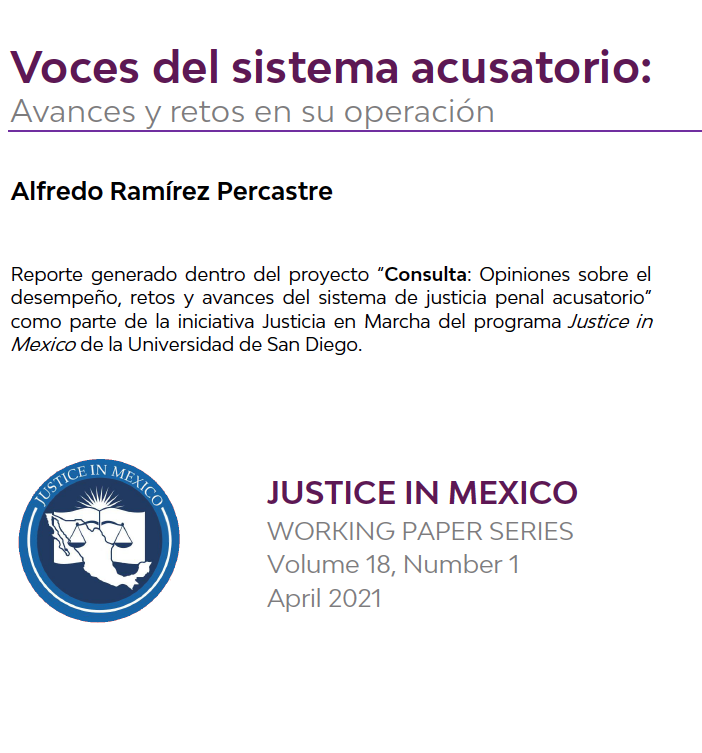
02/19/14 (written by cmolzahn) — With 407 votes in favor, 28 against, and five abstentions, Mexico’s Chamber of Deputies on February 5 approved a new National Penal Procedures Code (Código Nacional de Procedimientos Penales), establishing uniformity in the application of criminal law across Mexico’s 31 states and the Federal District (Distrito Federal, DF). The penal code is the result of months of effort by the executive branch, lawyers, the Mexican Congress, as well as civic organizations and academics. It comes as part of the larger justice system reform of 2008, which mandates a transition from the traditional inquisitorial justice system to an accusatory, adversarial model. The 2008 reforms imposed a final deadline of June 18, 2016 for full implementation by federal and state governments. Prior to the passage of the new criminal code, each state had its own procedures, which Senator Roberto Gil Zuarth said was “one of the greatest inconveniences” to implementing the 2008 reforms. The code, which the Mexican Senate approved last December, seeks to standardize procedures involving investigations, arrests, charges, hearings, sentencing, alternative dispute resolution, and reparations, while ensuring the rights of all interested parties throughout the judicial process. Proponents of the new penal code tout its importance in reducing impunity— according to most estimates, in excess of 90% of crimes in Mexico go unpunished—as well as protecting individual rights protected by the Mexican constitution and international treaties.
Perhaps the most significant development of the new criminal code will be the standardization in the classification of crimes in Mexico. Under the current penal code, crimes considered “grave” in certain states are treated as “common” crimes in others, and as such are met with broadly varying legal proceedings and sentencing guidelines. In keeping with the 2008 justice sector reforms, the new penal code seeks to professionalize the investigative process and ensure the preservation of individual rights, by setting clear guidelines governing home searches, monitoring personal communications, as well as the issuing of arrest warrants. Procedures involving body searches, witness and suspect questioning, and suspect identification will also be standardized across police agencies.
The new code also seeks to ensure that trials are carried out in a fair and transparent manner. Thus, it requires that all procedures be recorded via written documentation, or audio or video recording, so that each step of the judicial process may be reviewed at a later time, and to ensure that chain of custody is preserved. Moreover, it establishes that trials will be open to journalists and to the public in general. In addition to standardizing processes throughout the criminal justice system, the new criminal code works to provide clarity in legal terminology as well as the roles of public servants involved in the processes. For one, it establishes a glossary in order to avoid disparate interpretations of key legal terms across state and local governments. It also defines responsibilities and limitations of all those involved in the judicial process.
Pretrial detention and other precautionary measures are also addressed in the new code. It will fall upon the public prosecutor handling a given case to determine appropriate pretrial precautionary measures. In cases involving the restriction of individual liberty, such measures will have to be presented to a judge tasked with ensuring the preservation of individual constitutional rights (juez de control) for approval before implementation. While seeking to establish consistency across states in the classification of crimes and the handling of criminal proceedings, it also establishes some flexibility, particularly in determining reparations. The code allows for a mediation process to determine appropriate reparations for damages connected with the crime in question.

In a column in Reforma, legal expert Ana Laura Magaloni of the Judicial Studies Division of the Center for Research and Teaching in Economics (Centro de Investigación y Docencia Económicas, CIDE) gave her somewhat muted approval of the new penal code, recognizing that it has the “basic ingredients of a normative framework that permits authorities to implement the justice reform,” while at the same time pointing out its limitations. Magaloni acknowledged that the code adheres to the tenets of presumption of innocence, the right to an attorney, and the limited application of pretrial detention, among others upon which the 2008 reforms were based. However, she pointed out that the process of realizing the vision established in the new criminal code will be extremely complex, and its success depends largely on the willingness and ability of those charged with upholding the tenets of the new model—police officers, public prosecutors, judges and defense attorneys, among others‑—to support the new norms. Perhaps more fundamentally, she also questioned Mexican society’s readiness to accept certain compromises in exchange for a new judicial system that meets the new requirements for transparency and respect for human rights. For example, she asked, “do we want to assume the cost of a judge freeing a presumed responsible party when the [arresting] police officer committed abuses and violations of his human rights?” While precepts such as the presumption of innocence are easily accepted on an academic, philosophical level, they represent a considerable paradigm shift for Mexico that must be realized in order for the judicial reform to succeed.
Sources:
Magaloni Kerpel, Ana Laura. “El tamaño del reto.” Reforma. February 8, 2014.





Pingback: Parametría: public’s approval of Mexican unified penal code reflective of frustrations with old judicial system | Justice in Mexico